The topics of saving and budgeting go hand-in-hand, and as we begin the year with new financial goals, both are top-of-mind. For example, your goals might include saving for a new home or paying for your children’s education. Or, you might be focused this year on budgeting your funds to support a future purchase, explore somewhere new, or reduce debt. In both cases, your money is a tool, and how you use that tool will directly impact your success in achieving what you want.
Whether you’re budgeting your money and using it today, or saving it for tomorrow, here are some simple tips to help you achieve your budget and savings goals more efficiently:
- Define Your Income and Expenses – In simplest terms, budgeting and saving both begin with understanding what’s coming in (your income) and what’s going out (your expenses). Invest some time into understanding your fixed expenses, such as mortgage and car payments, as well as your variable expenses, like groceries and entertainment. Before you can track your spending, you need to have an understanding of where that spending is happening – that’s where money management begins.
- Track Your Spending – The Categorize feature that comes with our online banking is one way to define and categorize your monthly expenses. It’s also a powerful tool for tracking your spending patterns over time to stay on budget. Tracking is essential for both budgeting and saving.

- Automate Your Budgeting and Saving Processes – Instead of remembering to move and save money every time a paycheck gets deposited, automating those processes simplifies reaching your goals. The Transfer feature that comes with our checking and savings accounts moves your funds using an automatic transfer, allowing you to streamline your budgeting and savings processes. As they say, “Out of sight, out of mind.” When the money moves on its own, you increase the likelihood of staying on track and making your financial goals a reality. Transfers can be set up on a frequency that you choose, from weekly to monthly to quarterly, and at specific amounts.
- Minimize Unnecessary Expenses – A great way to support your money management is to minimize unnecessary expenses. A good place to start is with your online subscriptions. Are they monthly memberships you’re not using that you should cancel? At the same time, are you paying fees you don’t need to? HomeTown Bank’s debit cards are part of the MoneyPass network, which allows no-fee ATM transactions, eliminating fees that are costing you money every day. Also, check the costs of things like insurance and technology services (internet, cable, and cellular) to ensure you’re getting the best rates possible. We can provide a free quote on your insurance today through HomeTown Insurance.
- Maximize Your Credit Card Rewards – If you’re using your credit card for monthly expenses and paying it off right away, you’re going to generate some credit card rewards. You can easily take those rewards and funnel them back into your budget or your savings, resulting in another simple way to keep moving toward reaching your goals and practicing smart money management.
- Review Your Progress Regularly – Your budget and savings strategy will evolve over time based on your expenses, income, and goals. With that in mind, schedule time each month to review your progress and address any changes that may have come up. This will help eliminate the unknowns and keep you focused on using your money to achieve the things you want today and tomorrow.
Achieving your financial goals, from budgeting to saving, is possible. These tips will help you get started, and the staff at all of our HomeTown Bank locations are ready to help you wherever we can. Reach out today, and let’s talk about how we can make your financial goals a reality!






